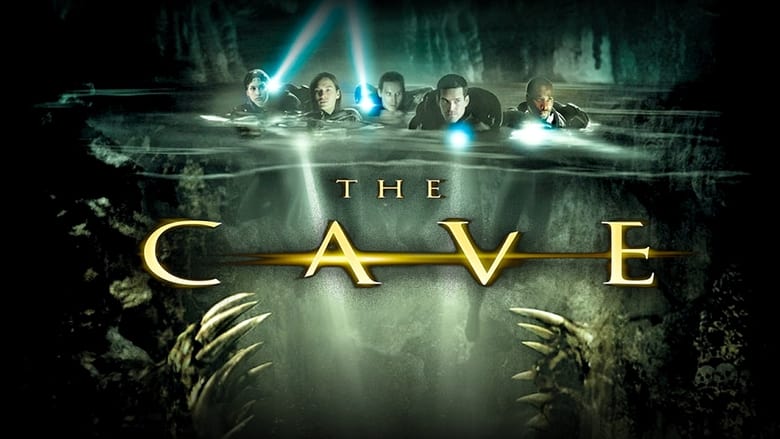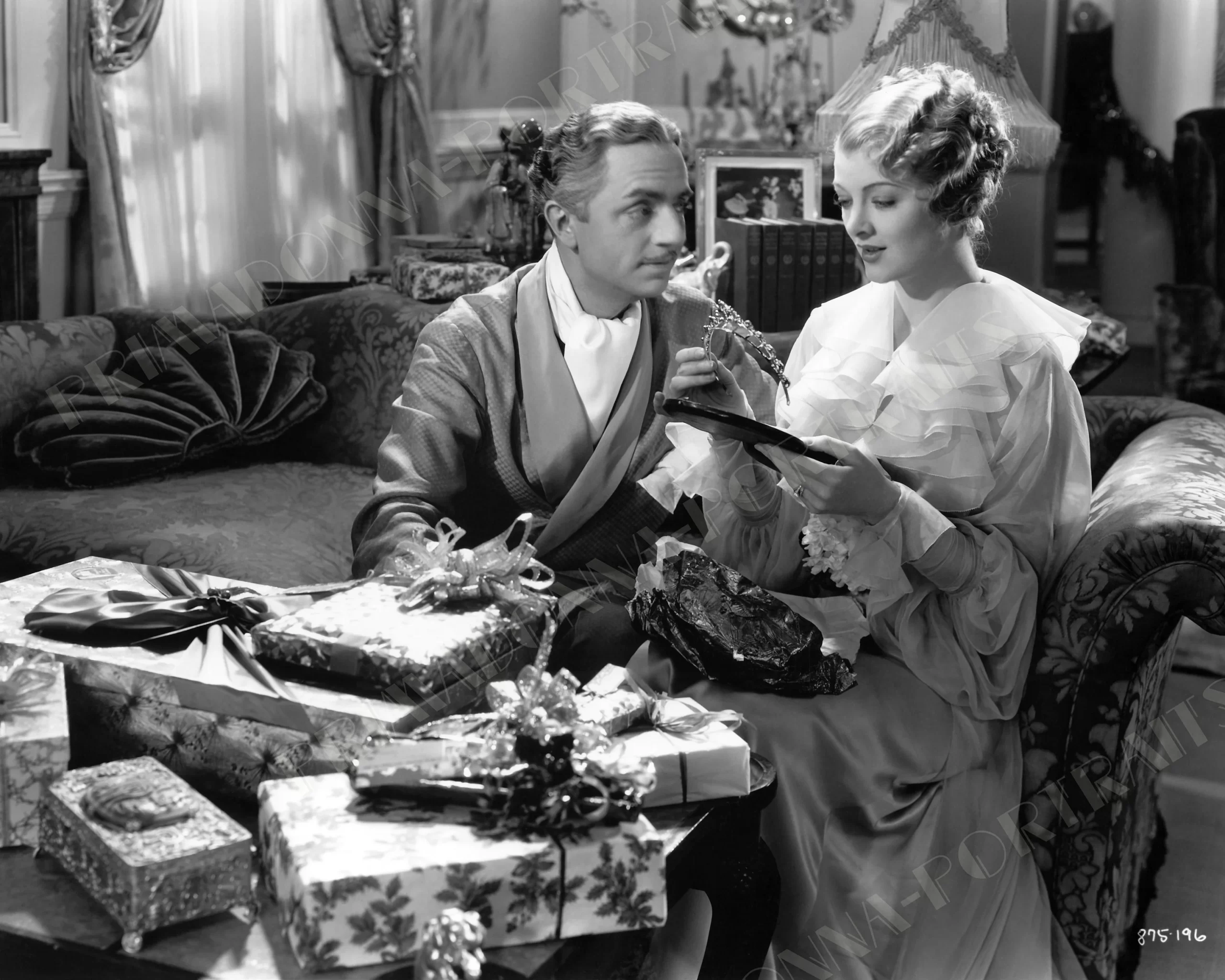Adam McKay’s career is the equivalent of the person who abruptly announces a change of gears by saying, “Now that I have your attention”. Starting in 1995 he cut his teeth behind the camera on Saturday Night Live. Roughly ten years later made his name writing and directing hit comedies like Anchorman, Talladega Nights, and The Other Guys. Suddenly though in 2015-decades into his career-he made a stark transition to politics. Based on the book of the same name about the 2008 crash by financial journalist Michael Lewis, The Big Short was nearly was a surprising shift (imagine, say, Terrence Malick making a comedy out of the blue).
Sure, probably little of it was that revelatory to anyone who saw Charles Ferguson’s expertly laid out 2010 documentary Inside Job. The problem is that few actually had. To educate the masses, maybe you don’t need the documentarian who had previously exposed the horrific mismanagement of the Iraq War (2007’s masterful No End in Sight). No, that likely requires the self-described socialist auteur of such silly low-brow delights as Step Brothers. The Big Short wasn’t a masterpiece, but it was competently made and engaging.
Unfortunately the formula that won McKay (along with then co-writer Charles Randolph) the Oscar and BAFTA for Best Adapted Screenplay fails him with his latest, Vice. This is approximately two hours of darts hurled at Dick Cheney, as if Michael Moore had turned the angry, scattershot Fahrenheit 9/11 into a satirical drama. I’ll put my cards on the table here: I’m a liberal who in 2004 proudly cast my first vote in a presidential election against the Bush administration. In my eyes few are more deserving of the scorn than the former VP, a remorseless war criminal. I absolutely share McKay’s conviction that in material terms, Bush and his vice-president were more dangerous and evil than Trump is (thus far, anyway). I just wish Vice had the aptitude to match its palpable disgust and anger.

For all the missteps and miscalculations, McKay gets something critical very right: a merciless dismantling of the Cheney myth. There’s often been an assumption (lazy, I’d argue) that he’s the smartest guy in the room or an evil genius, but what Vice shows as best it can (the opening frame concedes that they’ve taken on the tough task of telling a highly secretive person’s story) that he is not. That was always a projected image. What he in actuality was is a mediocrity who managed to outmaneuver other, even lesser mediocrities.
Vice spans from 1963 to more or less the present day. Played throughout by Christian Bale, we first encounter young Dick Cheney far removed from the prestigiousness and notoriety he would eventually achieve. He began as a drunk from Wyoming lucky enough to get a shot at Yale and foolish enough to blow it. After getting arrested yet again he’s chewed out so viciously by his girlfriend Lynne (played by Amy Adams) that he’s left with no choice but to make something of himself, lest he lose her (she’s happy to remind him that dozens of eligible suitors would be happy to see her become single again).
McKay clearly views her as the brains of the family and that seems right. Lynne eventually earned a PhD, became a published scholar, and was actively involved in her husband’s career. If she had been born a man or into more enlightened times with regard to gender, she very well might’ve been the one we focus our ire on now. Instead it was Dick who went to work in Congress in 1968 and wound up the youngest Chief of Staff under President Ford.

After Carter’s election interrupts his ambitions, he gets elected as Wyoming’s sole congressman despite his lack of charisma (in one memorable scene Lynne takes to the stump in his place and is much more of a natural at it). McKay depicts the Reagan years with scorn as a time of greed and the ruin of America’s working class. Cheney is right there for all of it, voting for the hard-right position on everything from taxes and abortion to guns and the environment. He’s subsequently rewarded with the position of Secretary of Defense under President Bush.
It’s not until almost midway through that Cheney finally gets the call from then candidate George Bush (he’s played by recent Academy Award winner Sam Rockwell) who enthusiastically extends the offer to be his running mate. Initially he dismisses it as a waste of time; a definite step down for the CEO of Halliburton. But together he and Lynne realize that he can exploit the head of ticket’s inexperience to transform a largely uneventful role into a hugely powerful one. Cheney pretends to help Bush select a VP only to take the job himself with the understanding that he would handle many of the responsibilities.
After the debacle of the 2000 election has passed (thanks to the intervention of the Republican majority Supreme Court, which the movie makes sure to stress) he enters Washington the most influential and decisive vice-president ever. He regularly goes over his boss’s head, secretly convenes with corporate lobbyists to rewrite the law, and of course, pushes the administration into invading Iraq. With attorney David Attington (portrayed by Don McAnus) whispering right-wing nonsense into his ear about the “unitary executive theory” he spends those long eight years confident that his actions are beyond reproach. Not hard to see how the country got from his arrogant reign to our current president.

While much of the approach that worked from The Big Short remains intact, I think a crucial reason it falls short here is that we are much more familiar with Dick Cheney and the administration he served in than the shocking details of complex Wall Street schemes. By 2006 it was abundantly clear how inept and bad the Bush administration was, which is why the Democrats had such a robust victory in that year’s midterms. It also partly explains why the late John McCain-despite being very much his own man politically-couldn’t escape the unfavorable shadow of the outgoing administration.
He was so unpopular the idea of him running to succeed Bush as Gore had Clinton doesn’t appear to have been seriously considered. Dick Cheney is a vivid, sinister presence in contemporary American political life, not some arcane episode. This rehashing of old, well aired news gives the didactic format of Vice a smugness it never loses (if you’re going to lecture me, please, have it be by Margot Robbie in a bubblebath again).
Vice decries the mediocrity of Cheney and the coterie of goons and doofuses that surrounded him. However, the movie itself feels incredibly half-assed and sloppy when it’s not outright talking down to you (I especially groaned through the admonishments that we’re all too distracted to grapple with the big problems in front of us). One doesn’t watch overwhelmed by the refined quality of the writing or the execution. I found a pivotal scene between Dick and Lynne rendered in mock Shakespearean soliloquy style to be annoying and endless.

I’m usual happy to see Alfred Molina, but here in a cameo as a waiter who reads off options for how to to justify torture I was unamused. Same for the great Naomi Watts, shoved into a tiny part as one of the many fascistic propagandist blondes at Fox News. The choice of Jesse Plemons as the narrator (he’s a combat veteran) with a connection to Cheney that’s revealed much later left me cold. McKay can barely even be bothered to come up with a coherent climax for his screed. We’re treated instead to a lazy montage of images that just happened to strike his fancy (including of Alex Jones aiming a gun at the camera, for some reason).
Depending on where you sit, McKay at least means well even if he’s made a picture worse than Oliver Stone’s W. Vice is angry, no question, yet never burns with anything like moral outrage. It winds up just feeling off and queasy. He’s blunted too much of the impact with his self-conscious gimmicks, disjointed structure, and misguided jokes. A strangely unironic monologue from Cheney (Bale directly addressing the audience) during the closing credits just muddles the water needlessly.
The cast is not enough to save Vice. Steve Carell was an odd, interesting choice for Donald Rumsfeld (even if it’s not a great performance) and to a point it’s good fun to watch Rockwell in full hapless, clueless rich kid mode as Bush. Eddie Marsan is similarly well selected for the slimy Paul Wolfowitz. Amy Adams is quite effective, unsurprisingly (I definitely saw strange shades of the role she played as the wife in The Master). Christian Bale is an unpredictable and versatile actor. His willingness to gain weight for roles is not a surprise though (to play Cheney he packed on 40 additional pounds).

He plays the material straighter, by far, than anyone in a gruff, mean, fatally serious turn. What does that and his physical dedication amount to? A strong impersonation that captures the clinical, calm grotesquerie of a truly wicked person, though not a timeless performance or particularly dynamic one.
I don’t even think it’s one that matches let alone exceeds his turn in last year’s Hostiles (not to mention his excellent work in McKay’s own The Big Short). Ultimately it’s not even his finest depiction of Dick Cheney. That will forever be found in The Dark Knight.




